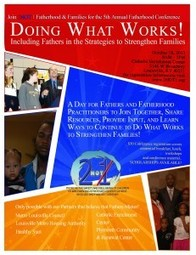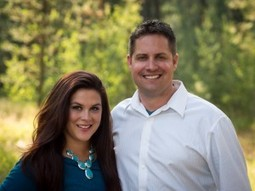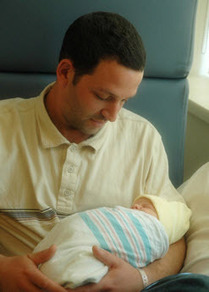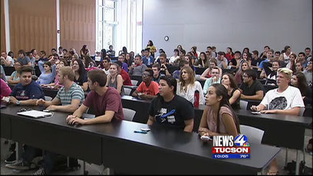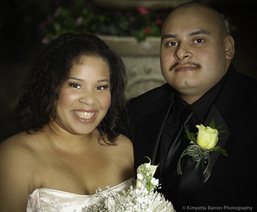Parenting for Emotional Intelligence
In most areas of the United States, children are either preparing to go back to school in a week or so, or they have already started again. Do you remember what that was like? Or, perhaps you are currently a student. What do you feel about going back to school?
We have been discussing Smart Relationships and Emotional Intelligence, and we believe it is possible to teach your children emotional intelligence. You can equip them to deal with the everyday challenges, fears, and hurdles of growing up. In fact, it might be easier to teach this stuff to a child than a “set-in-their-ways” adult. Bad relational habits get cemented over time, making it harder and harder to turn them around. A child doesn’t have the same baggage. Children are much more emotionally flexible.
But, how do you teach emotional intelligence to your kids, when you are not so sure you get it yourself? Here are a few, solid, foundational tools to give to your child that will help him/her navigate the minefield that is school:
1. Stop and Breathe – Kids are much more comfortable expressing emotion, but that means there is also a greater danger in young people of losing control. Equip them before they face moments of intense emotion to stop themselves from reacting. They should focus on their heart, slow down their breathing – imagining that the breath is entering and leaving the heart area, and remember a time when s/he felt good inside, attempting to recapture that feeling. We call this the Quick Coherence Technique, and it works in any time and place!
2. Behaviors are Symptoms, not Character – Our behaviors do not define us. They are an outflow of what is truly happening under the surface. So, most bullies are not actually evil. They simply do not have the tools to deal appropriately with the tumultuous emotional stuff that is swirling around within themselves. Teaching your child to remember this will help him/her not only become more aware of what is going on internally, but it will also help them learn to truly empathize with others. Your kids will be gifted at seeing the good in other people.
3. Dinner – Food always works. Try an experiment. When talking around the dinner table, instead of only asking your children what they did or what happened during the school day, during each accounting of the days events, ask an “Emotion Question”. How did you feel after Joe said that to you?” ”What did it feel like to be affirmed by your teacher in front of the class?” These kind of questions get to the heart of your child’s experience, show the child that you are truly invested in their well-being, and build an intimate connection for open communication between you. Plus, you will learn quite a bit about yourself in the process!
Try out some of these tips, or all of them, right away this school year. In so doing, you can help your children feel like they have, in you, an advocate and partner in the adventure of growing up!




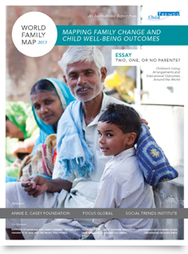







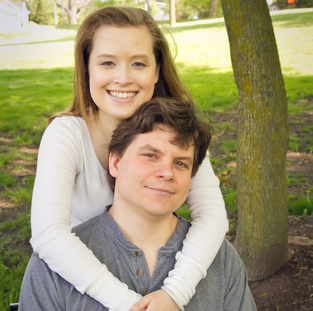


























 Subject Matter Expert, Lauren Alvarez took our couples in stepfamilies through part of the evidence-based Active Parenting curriculum, which covers a variety of topics including parenting, stepparenting, divorce, school success, and character education. Active Parenting offers online parenting classes and information about finding classes in your area. . For more information, visit
Subject Matter Expert, Lauren Alvarez took our couples in stepfamilies through part of the evidence-based Active Parenting curriculum, which covers a variety of topics including parenting, stepparenting, divorce, school success, and character education. Active Parenting offers online parenting classes and information about finding classes in your area. . For more information, visit  Master Trainer Scott Roby shared innovative parenting techniques from the Parenting with Love and Logic curriculum. Simple, practical techniques were presented to help parents raise responsible kids, have more fun in their parenting role, and easily and immediately change their child's behavior. Love allows children to grow through their mistakes. Logic allows children to live with the consequences of their choices. For more information, visit
Master Trainer Scott Roby shared innovative parenting techniques from the Parenting with Love and Logic curriculum. Simple, practical techniques were presented to help parents raise responsible kids, have more fun in their parenting role, and easily and immediately change their child's behavior. Love allows children to grow through their mistakes. Logic allows children to live with the consequences of their choices. For more information, visit  Cristy Cash (yes, that's her real name!) from Consumer Credit Counseling Services of Central Oklahoma (CCCS) presented on Family Finances at several of our retreats. This is a highly requested topic, and Cristy's presentations are always popular. Cristy has shared with us information about how to create an "Insta-Budget", debt management, emergency savings plans, investing, and even finding your "Moolah Personality"!
Cristy Cash (yes, that's her real name!) from Consumer Credit Counseling Services of Central Oklahoma (CCCS) presented on Family Finances at several of our retreats. This is a highly requested topic, and Cristy's presentations are always popular. Cristy has shared with us information about how to create an "Insta-Budget", debt management, emergency savings plans, investing, and even finding your "Moolah Personality"! Programs Manager, Jon Eller shared information about Oklahoma's Job Match site at two of the retreats this year. OKJobMatch.com is a service of the Oklahoma Department of Commerce and provides Oklahomans with a free job-matching tool. The site allows job seekers to post their resume and search for jobs, and employers are able to post jobs and search for candidates. Once both the job and job seeker are registered, OKJobMatch.com matches employers with jobs seekers based on a number of criteria, including experience, education, skills, certifications and licenses. To explore Oklahoma's Job Match yourself and upload your resume, visit
Programs Manager, Jon Eller shared information about Oklahoma's Job Match site at two of the retreats this year. OKJobMatch.com is a service of the Oklahoma Department of Commerce and provides Oklahomans with a free job-matching tool. The site allows job seekers to post their resume and search for jobs, and employers are able to post jobs and search for candidates. Once both the job and job seeker are registered, OKJobMatch.com matches employers with jobs seekers based on a number of criteria, including experience, education, skills, certifications and licenses. To explore Oklahoma's Job Match yourself and upload your resume, visit  Lori Wathen is the Oklahoma County Sooner Success Coordinator, and she joined us at the January retreats for couples caring for a child with Autism or Down syndrome. Lori shared about an exciting program called Sibshops, which provides opportunities for brothers and sisters of children with special health and developmental needs to access peer support and education while having fun! Sibshops are designed for school-age children and intersperse information and discussion activities with new games, cooking activities and special guests.
Lori Wathen is the Oklahoma County Sooner Success Coordinator, and she joined us at the January retreats for couples caring for a child with Autism or Down syndrome. Lori shared about an exciting program called Sibshops, which provides opportunities for brothers and sisters of children with special health and developmental needs to access peer support and education while having fun! Sibshops are designed for school-age children and intersperse information and discussion activities with new games, cooking activities and special guests.











